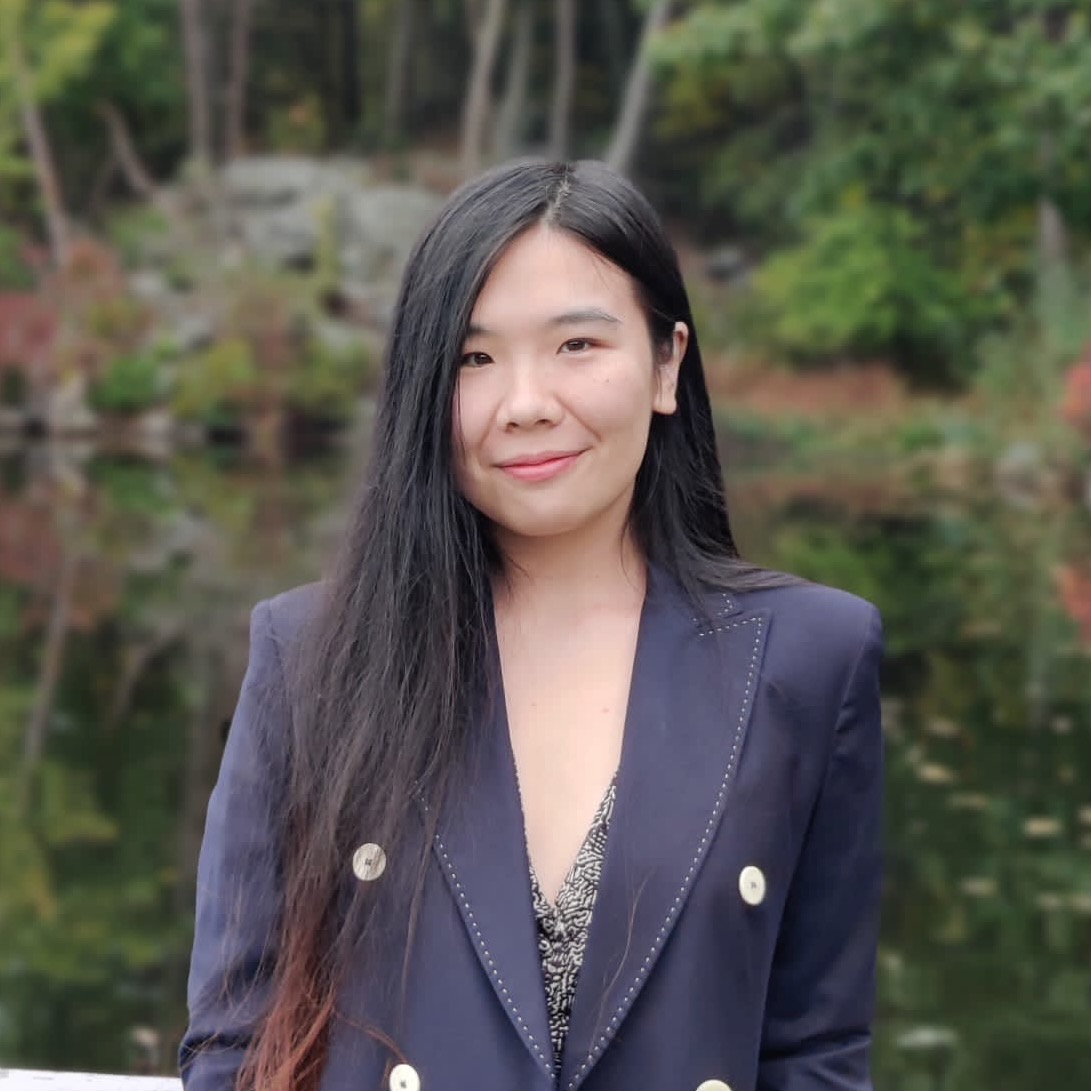about me
I am a Ph.D. candidate of sociology at Columbia University. My research contributes to the intersection of political sociology and science and technology studies, exploring how knowledge and politics are intertwined with each other. I employ a diverse array of methodologies, encompassing ethnography, interviews, computational text analysis, network analysis, national surveys, and online experiments.
While my regional focus is on China, I also conduct global comparative research focusing on China-U.S. comparisons and China-U.S. relations. My work has been published in journals such as American Political Science Review and Sociological Forum.
My first line of work reveals the networked (both in terms of social network and Actor Network Theory) nature of political power. I examine two crucial moments in the Chinese state’s governance of the contentious field of worker-employer relations: (1) the work of shoring up the legitimacy of the new labor law by building a network of translation and (2) the work of saving the legitimacy of the state when open unrest is almost unavoidable through social network. Earlier version of my paper "Missing Binds: How Absent Ties Unleash Migrant Worker Activism Under an Authoritarian Regime", developed out of my dissertation, has won the Best Graduate Student Paper Award at the Political Sociology section of ASA and is now under review.
My second line of interest draws on transnational comparative design to explore the politics of knowledge and perception. With co-authors, I have studied how expert narratives, contingent on sociopolitical context of each society, shape the public perception of the global pandemic. In another project, I investigated how international relations impact the perception of migrants using a conjoint experiment design with co-authors.
My ongoing work combines my interests in the micro-foundations of political power and the politics of knowledge to investigate the practice of contesting facts between China and the U.S.. I ask: What constitutes “misinformation” in the first place? Who determines what is “misinformation”, and how do they achieve this? I empirically study how facts are contested across different fact-checking paradigms and the expert-lay divide using a combination of qualitative and computational tools, focusing on the “doubt methodologies” of different actors.
